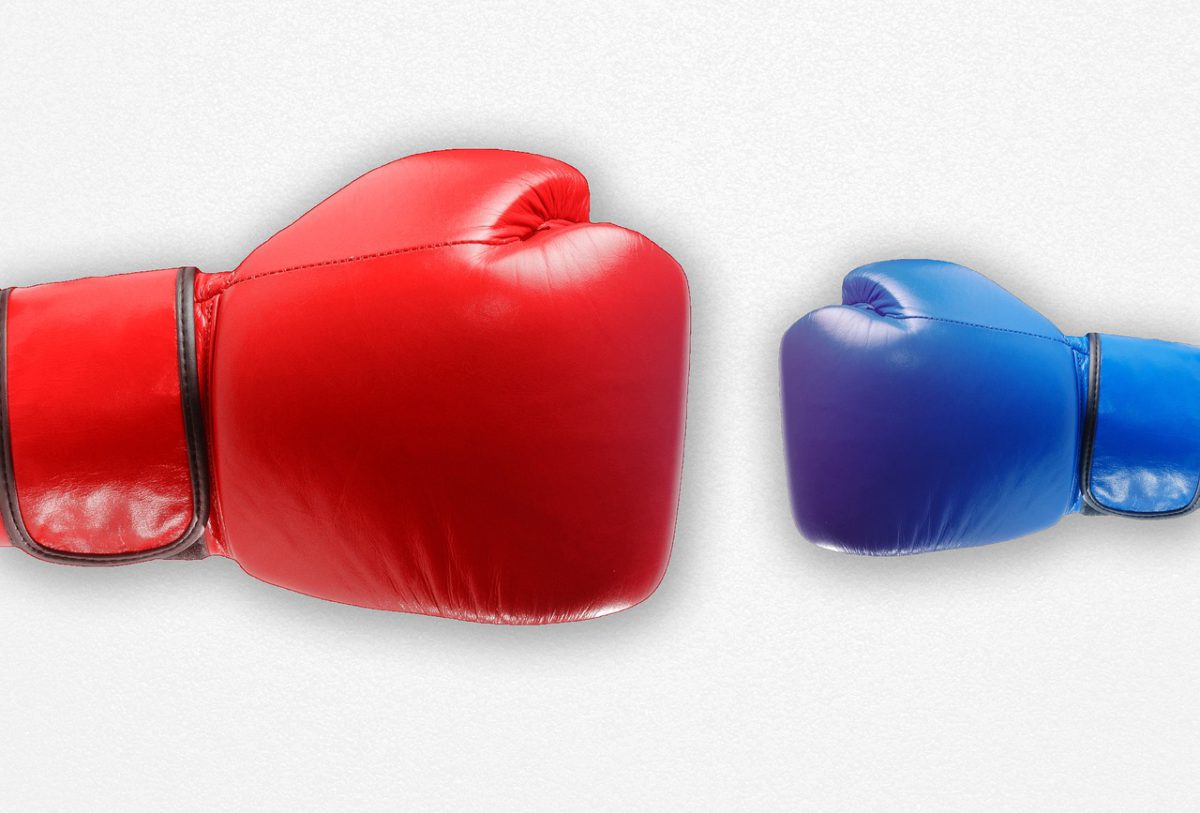
Common Interview Questions Answered: “What’s Your Greatest Weakness?”
- September 14, 2017
- Eleanor Booth
That’s right: we’re answering that one. The interview question that elicits groans from adults the world over. The ‘weakness’ question is a double-edged sword. While you don’t want to admit to being insufficient for the job, you also need to show that you are self-aware and have the ability to improve.
Here are the rules to remember when answering this irritating query.
Nobody’s perfect
The first way to combat the weakness question is to acknowledge that everyone has them. No-one is perfect. Nobody possesses perfect organisation, time management and customer service all the time. Everyone has a challenge they have had to overcome.
Time to be honest with yourself
Now you have acknowledged that everyone has their best bits and worst bits, it’s time to do some soul searching. Grab a notebook and write down some of the moments you’ve found hardest over university. Whether you really struggled to get to every lecture, join societies or had way too many all-nighters – this is a time to actually bare all.
Think of it as a form of therapy, if you will.
Option one: use your ‘weakness’ to highlight self-awareness and self-improvement
The reason people groan at this question is that answers are basically required to be dishonest. You never actually reveal a weakness in its purest form – not at interview, anyway. Nobody’s going to come out and say: “I’m often accused of being insensitive and people hate me in my current office.” Or: “I’m actually a pretty average manager.”
The key is to admit a real weakness but also highlight how you consciously combat this. Look down your list of uni challenges and think about how you overcome them. The ways you stopped them influencing your final grade. If your greatest challenge at university was socialising with your classmates, then how did you overcome this? What skills have you learnt since? How have you changed into the person you are today?
If you used to struggle with organisation, what changed? What coping mechanisms do you use? Do you have a diary full of to-do lists? Do you have alarms set on your phone?
If you take this tack, you are showing that you acknowledged your weakness, overcame the challenge and that you have made yourself employable, mature and better.
Option two: don’t actually show weakness
The classic answer to the weakness question is the ‘perfectionist’ route. These candidates never actually admit to a weakness in the first place, but merely find a drawback which is actually a hidden strength, e.g. the desire to take the lead, the pitfall of being too sympathetic to your colleagues, the habit of always needing to be organised…
While such answers are two-a-penny, they’re also risky. The ‘perfectionist’ answer is so hackneyed and cliché by now that interviewers are more likely to roll their eyes than be impressed. Unless you can really find something that won’t sound like a humblebrag, go for option 1.
Surprise them
The final verdict? Keep things fresh. Be original with your answer; nobody needs another ‘perfectionist’ or ‘born leader’ in their organisation. If you have the opportunity to actually grab this question and use it your advantage, you are going to impress this interviewer.
Why? Because it makes them groan too.
Inspiring Interns is an internship and graduate recruitment agency. To browse graduate jobs, click here. For senior digital and mobile jobs, please see Inspiring Search.







